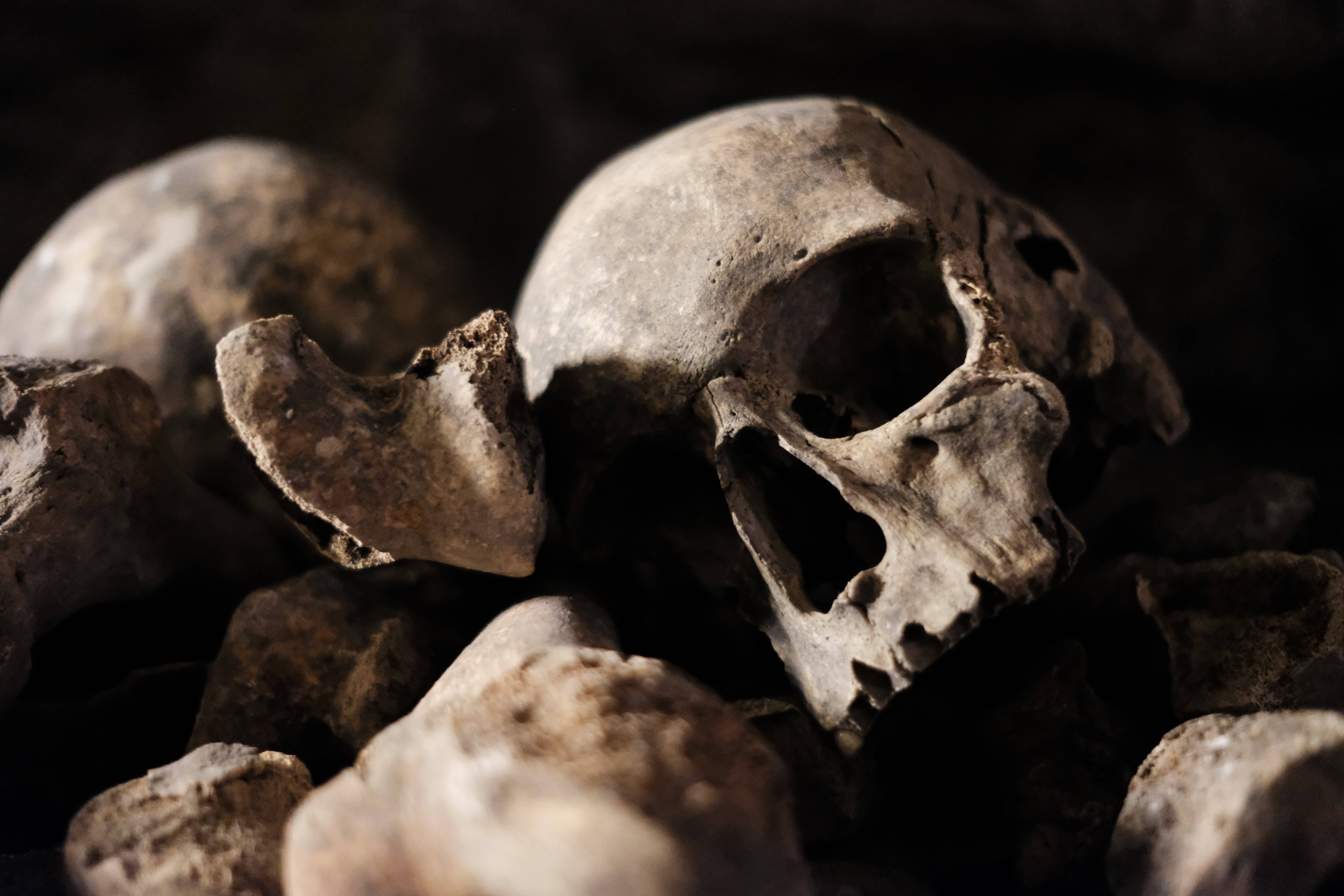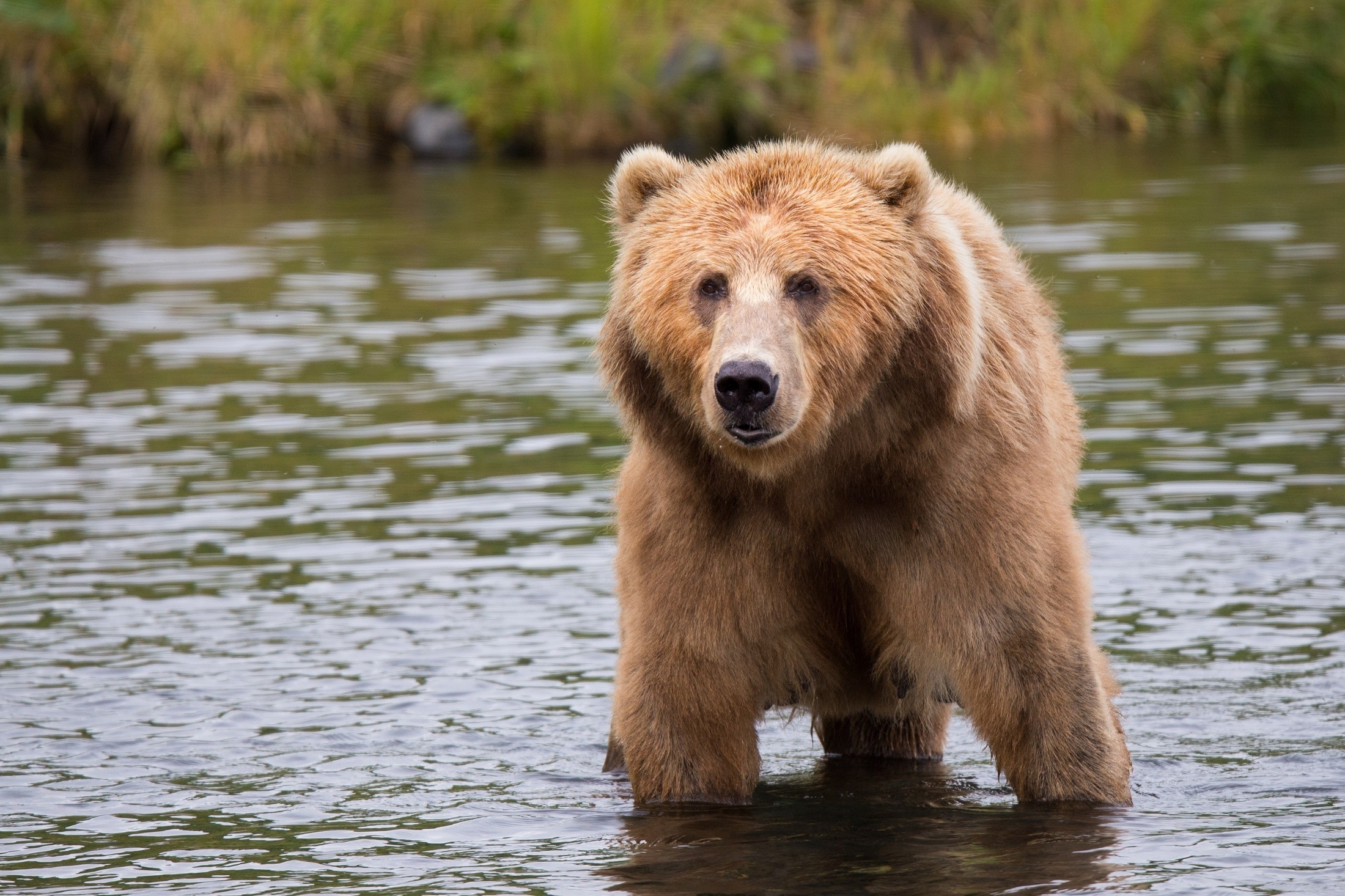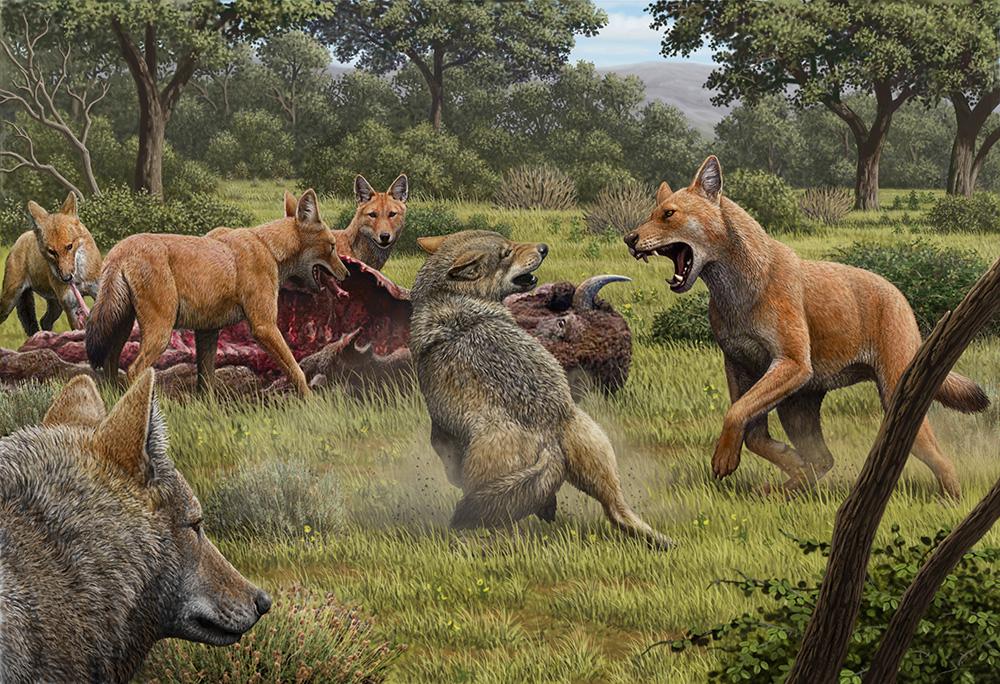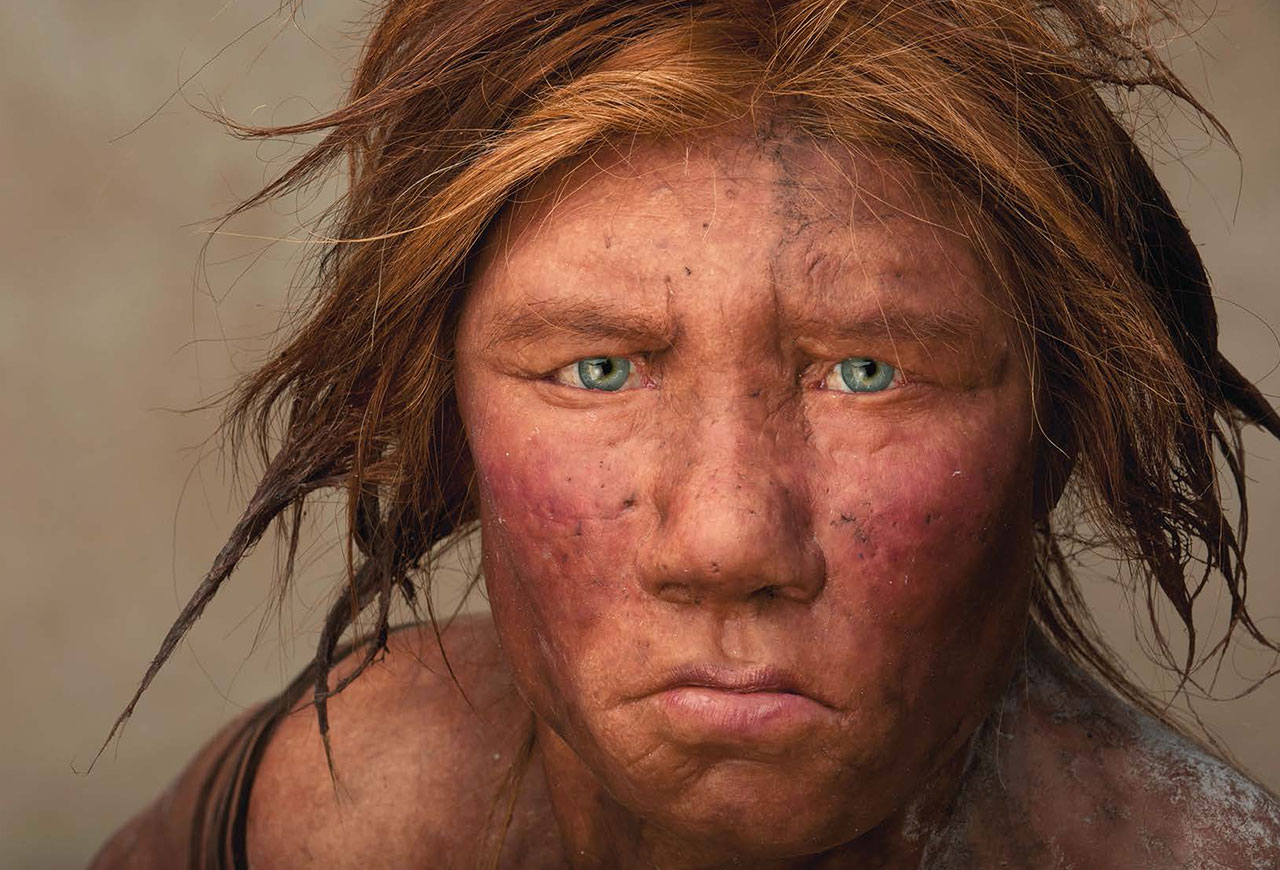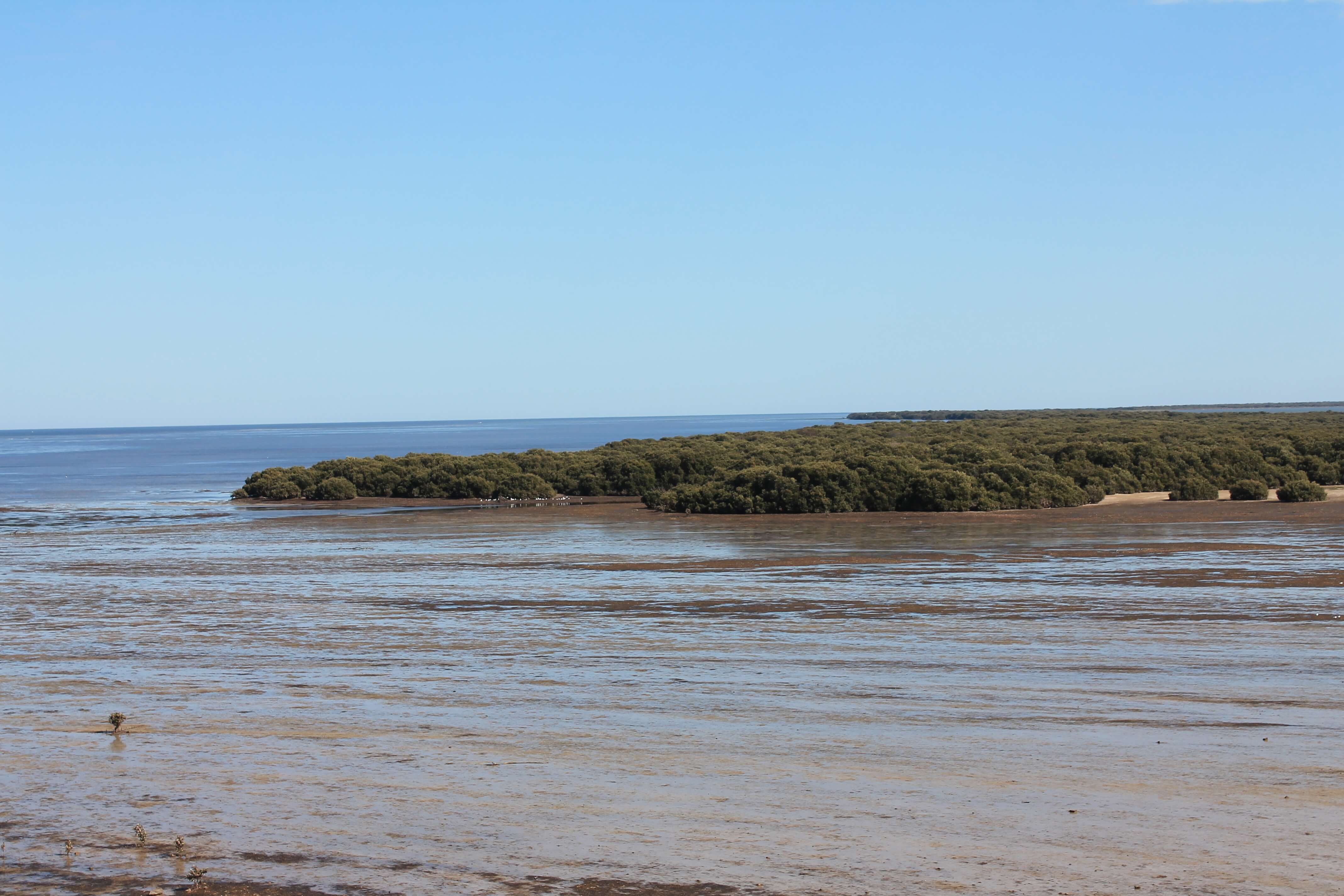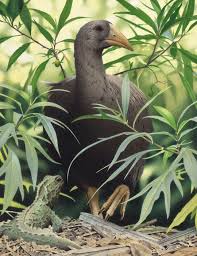BLOGS WEBSITE
TAG: ACAD
Ancient DNA reveals a hidden history of human adaptation
Humans may be just as vulnerable to environmental change as other animals, according to our new research analysing genetic data from more than a thousand people who lived across Europe and Asia over the past 45,000 years. We found traces of more than 50 “hard sweeps” in which a rare genetic variant rapidly swept through […]
Comments Off on Ancient DNA reveals a hidden history of human adaptation
Australian Navy commendation for University’s DNA experts
Experts from the University of Adelaide’s Australian Centre for Ancient DNA (ACAD) have been commended by the Chief of the Navy Australia for their part in identifying the only crew member ever recovered from the sinking of HMAS Sydney. In a ceremony held on the University’s North Terrace campus, Vice Admiral Michael Noonan, AO RAN […]
Comments Off on Australian Navy commendation for University’s DNA experts
Ancient DNA helps solve mystery disappearance of lions and bears
An international team of researchers led by the University of Adelaide, suggest a change in climate is the likely cause of the mysterious disappearance of ancient lions and bears from parts of North America for a thousand years or more prior to the last Ice Age. In a study in Molecular Ecology, the researchers sequenced DNA […]
Comments Off on Ancient DNA helps solve mystery disappearance of lions and bears
Researchers help identify the Unknown Soldier 80 years on
A mystery from World War II has finally been solved by the ACAD team at the University of Adelaide. HMAS Sydney II was destroyed off the West Australian coast in World War II. The 19th of November 2021 marked the 80th Anniversary of the sinking. All 645 Australians on the ship died, but one body was […]
Comments Off on Researchers help identify the Unknown Soldier 80 years on
Ancient DNA reveals the secrets of game of thrones wolves
Extinct dire wolves split off from other wolves nearly six million years ago and were only a distant relative of today’s wolves, according to new research published in Nature. Dire wolves, made famous in the TV show Game of Thrones, were common across North America until around 13,000 years ago, after which they became extinct. The […]
Comments Off on Ancient DNA reveals the secrets of game of thrones wolves
Ancient DNA paints genetic portrait of Andes civilisations
An international team of researchers has completed the first large-scale study of DNA belonging to ancient humans of the central Andes in South America and found early genetic differences between groups of nearby regions, and surprising genetic continuity over thousands of years. In the study, published in the journal Cell, researchers analysed the DNA of […]
Comments Off on Ancient DNA paints genetic portrait of Andes civilisations
MEDIA: Modern humans interbred with at least five different archaic human groups
Genetic analysis has revealed that the ancestors of modern humans interbred with at least five different archaic human groups as they moved out of Africa and across Eurasia. While two of the archaic groups are currently known – the Neandertals and their sister group the Denisovans from Asia ¬– the others remain unnamed and have […]
Comments Off on MEDIA: Modern humans interbred with at least five different archaic human groups
ACAD featured on ABC Science Show – Identifying the millions of species yet to be classified
Together with international researchers, University of Adelaide were interviewed on the ABC Science Show about new genetic tools may hold the key to identifying the millions of species yet to be classified. Researchers have now described about 1.75 million species on our planet – but it’s believed there are millions more that haven’t been classified as yet. Completing an inventory of […]
Comments Off on ACAD featured on ABC Science Show – Identifying the millions of species yet to be classified
Modern humans planned and made open-sea voyages 50,000 years ago
Research has shown it took more than 1,000 people to arrive in Australia, to make a viable population. Two studies published released recently, confirm they arrived more than 50,000 years ago and that this was no accidental migration, the first arrivals must have been planned. Data from Adelaide University, Environment Institute’s co-author Dr Laura S. Weyrich suggests […]
Comments Off on Modern humans planned and made open-sea voyages 50,000 years ago
New Zealand’s giant extinct bird traced back to Africa
Scientists have revealed the African origins of New Zealand’s most mysterious giant flightless bird – the now extinct adzebill – showing that some of its closest living relatives are the pint-sized flufftails from Madagascar and Africa. Led by the University of Adelaide, the research in the journal Diversity showed that among the closest living relatives of the […]
Comments Off on New Zealand’s giant extinct bird traced back to Africa

